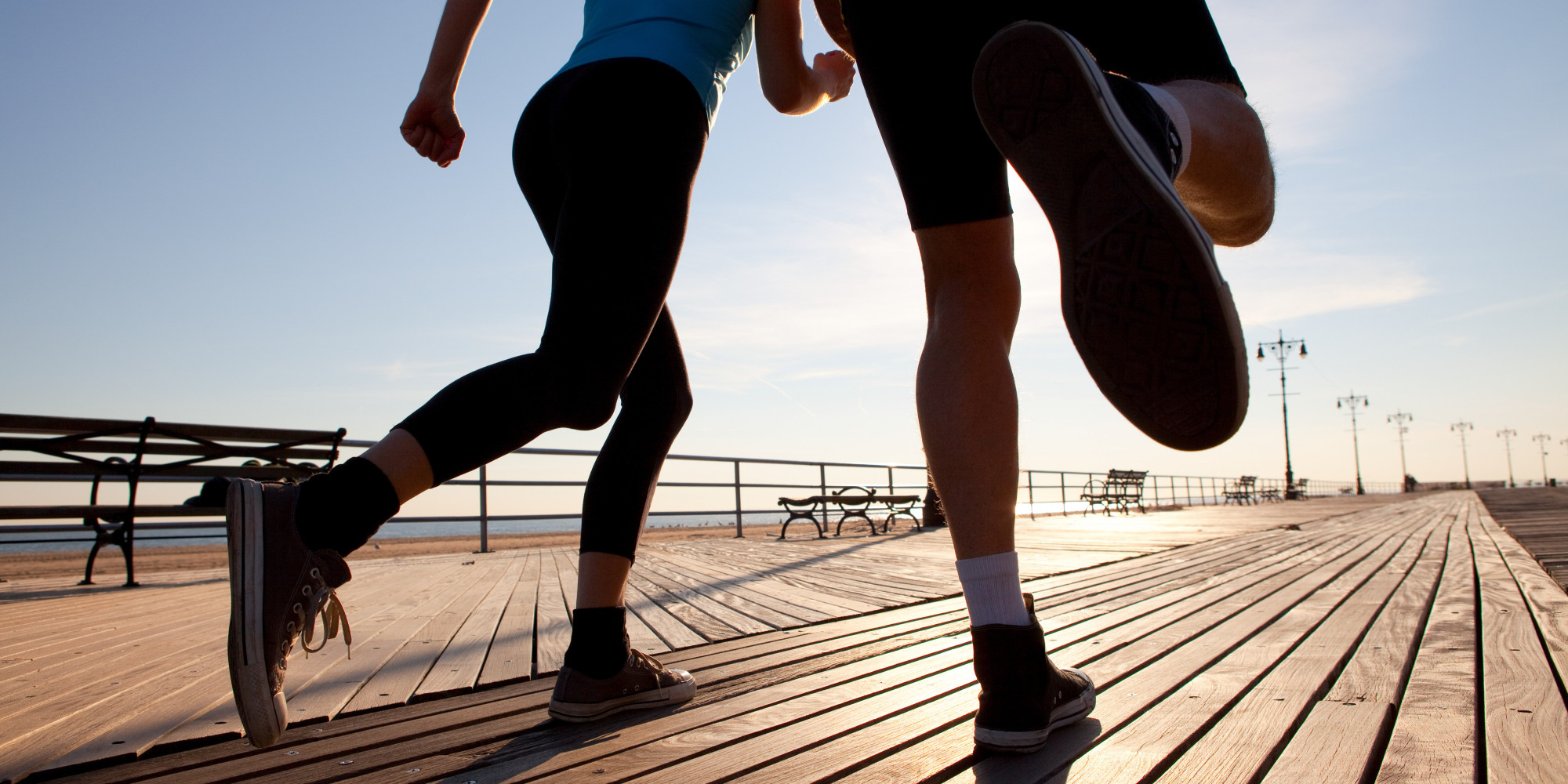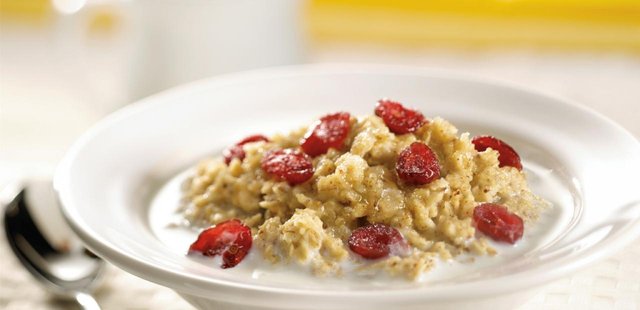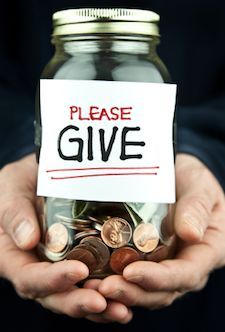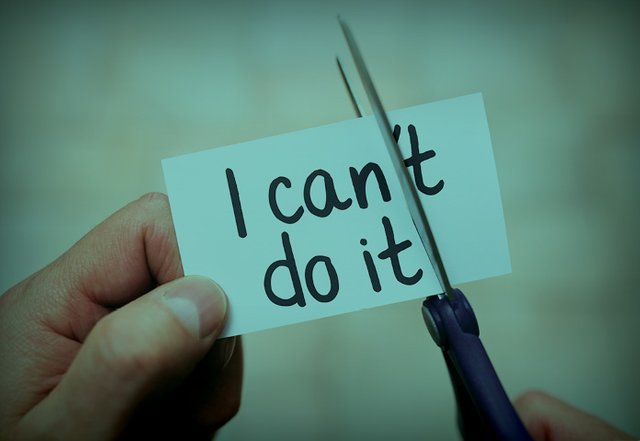Be Happier With few changes!!! :D

We all have bad days. Whether you got out of bed the wrong side, didn't get enough sleep or just feel blue - sometimes the world feels like a place you'd rather hide away from.
Fortunately for you, there are small, simple changes you can make to your daily habits that will significantly reduce the chances of those bad days. Introduce 1, or all, of the small routine changes below to make yourself a happier, healthier person.
Fit in one more hour of sleep

While there is ongoing debate about eight being the optimum number of hours of sleep, a 2003 study by The University of Surrey's Sleep Research Centre found that just one more hour of sleep can make people happier and healthier. Those tested with an hour less sleep at night, had an increase in activity of those genes that are associated with processes such as inflammation, immune response, diabetes and a risk of cancer. Meanwhile, the reverse happened when the group had an hour of extra sleep.
Another study by the University of California, Berkley and Harvard Medical School found that: "While a good night's rest can regulate your mood and help you cope with the next day's emotional challenges, sleep deprivation does the opposite by excessively boosting the part of the brain most closely connected to depression, anxiety and other psychiatric disorders".
Exercise for 20 minutes in the morning

Gretchen Reynolds, Phys Ed columnist for The New York Times and author of The First 20 Minutes: Surprising Science Reveals How We Can Exercise Better, Train Smarter, Live Longer says the first 20 minutes of moving around (if someone has been really sedentary) provide the most of the health benefits. "You get prolonged life, reduced disease risk - all of those things come in the first 20 minutes of being active," said Reynolds.
Similarly, a 2012 study which tested memory levels with fitness, by researchers in the department of psychology and neuroscience at Dartmouth College in New Hampshire, found that out of 54 adults, aged between 18 to 36, those who had exercised during the preceding month but not on the day of testing generally did better on the memory test than those who had been sedentary. But they did not perform nearly as well as those who had worked out that morning.
Plus, research from the University of Bristol shows that people who exercise on work days are more productive, happier and experience less stress than on non gym days.
Eat oatmeal porridge for breakfast

"When you eat a carbohydrate, your body sends an amino acid called tryptophan into the brain to trigger the manufacture of serotonin, a neurotransmitter that makes you feel tranquil and better able to cope," says Judith Wurtman, a former Massachusetts Institute of Technology research scientist and coauthor of The Serotonin Power Diet. "Without carbs, your brain actually can't produce serotonin."
When you're feeling peckish, snack on foods high in magnesium such as almonds, cashews and edamame. Magnesium plays a large role in the development of serotonin, which is a major contributor to feelings of happiness according to a 2010 study by the Research Institute in Austin, Texas.
Spend your money on others

In the book Happy Money: The Science of Smarter Spending, Elizabeth Dunn and Michael Norton, an associate professor of marketing at Harvard Business School, spent years collecting quantitative and qualitative research to explain how money can buy happiness, but only if we spend it in certain ways. One of their biggest findings was that giving money to others actually does make people happier. “One of the reasons is that it creates social connections," says Norton. "If you have a nice car and a big house on an island by yourself, you’re not going to be happy because we need people to be happy. But by giving to another person, you’re…creating a connection and a conversation with that person, and those things are really good for happiness.”
Surround yourself with happy people

Dr. Nicholas Christakis and James Fowler, researchers at Harvard and University of San Diego, found that each additional 'happy' friend increases a person's probability of being happy by about 9%. They studied 4,739 people from 1983 to 2003, assessing their happiness every few years using a standard measure. Their research showed that happy people tend to be located in the centre of their social networks and in large clusters of other happy people.
To put it into perspective, earning an extra $5,000 (£2972) of income in 1984 increased the probability of being happy by about 2%.
Meditate for 15 minutes daily

A 2005 study by the The National Center for Biotechnology Information, demonstrated that those who meditated have a stronger, and thicker cortex – the part of the brain that processes emotions, attention and sensory awareness. The more the test group meditated, the thicker the cortex grew.
Rebecca Gladding, a clinical instructor and attending psychiatrist at UCLA also claims that meditation helps decrease anxiety. "It’s because the neural paths that link those upsetting sensations to the 'Me Center' (the part of the brain that constantly references back to you, your perspective and experiences) are decreasing," said Gladding. In other words, your ability to ignore sensations of anxiety is enhanced and you won't respond to them as strongly as you might have. Gladding claims that meditating every day, even if it’s only 15 minutes, can help this process.
If you're unfamiliar with meditation, download the web and mobile app Headspace, which caters meditation to a modern lifestyle.
Don't delay trying new things

Psychologist Rich Walker of Winston-Salem State University looked at 30,000 event memories and over 500 diaries, ranging from durations of 3 months to 4 years, and says that people who engage in a variety of experiences are more likely to retain positive emotions and minimise negative ones than people who have fewer experiences.
Hug at least eight times a day

Paul Zak, a pioneer in the field of neuroeconomics, has found that at least eight hugs per day can make you feel happier and more connected. When we hug the levels of neurotransmitter oxytocin, which is commonly referred to as the 'love' or 'trust' hormone, rises significantly. In a Ted talk in 2011, Zak explained that after only 20 seconds of hugging a romantic partner, one can achieve a spike in oxytocin levels, as well as a decrease in blood pressure, heart rate, and cortisol levels (the stress hormone).
Other findings have shown a hug, pat on the back, and even a friendly handshake are processed by the 'reward center' in the central nervous system. "They can have a powerful impact on the human psyche, making us feel happiness and joy," said neurologist Shekar Raman, based in Virginia. "And it doesn't matter if you're the toucher or touchee. The more you connect with others -- on even the smallest physical level -- the happier you'll be."
Flip through personal photographs

Looking through your old pictures can boost your mood more than a chunk of chocolate. Researchers at the Open University examined how much people's moods rose after eating a chocolate snack, sipping an alcoholic drink, watching TV, listening to music, or looking at personal photos. The music and chocolate left most people's moods unchanged; alcohol and TV gave a slight lift (1%), but the winner by a long shot was viewing pictures, which made people feel 11% better.
Congratulations @foxy33! You have completed some achievement on Steemit and have been rewarded with new badge(s) :
Click on any badge to view your own Board of Honor on SteemitBoard.
For more information about SteemitBoard, click here
If you no longer want to receive notifications, reply to this comment with the word
STOP